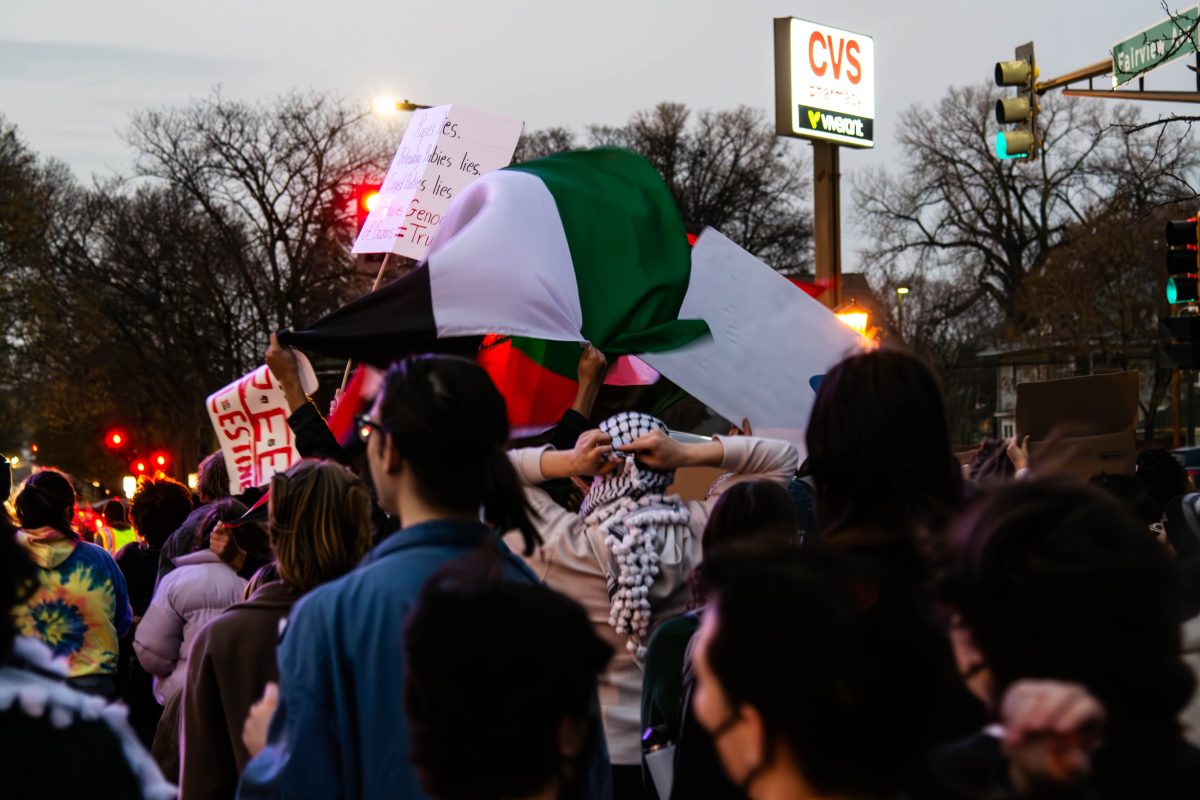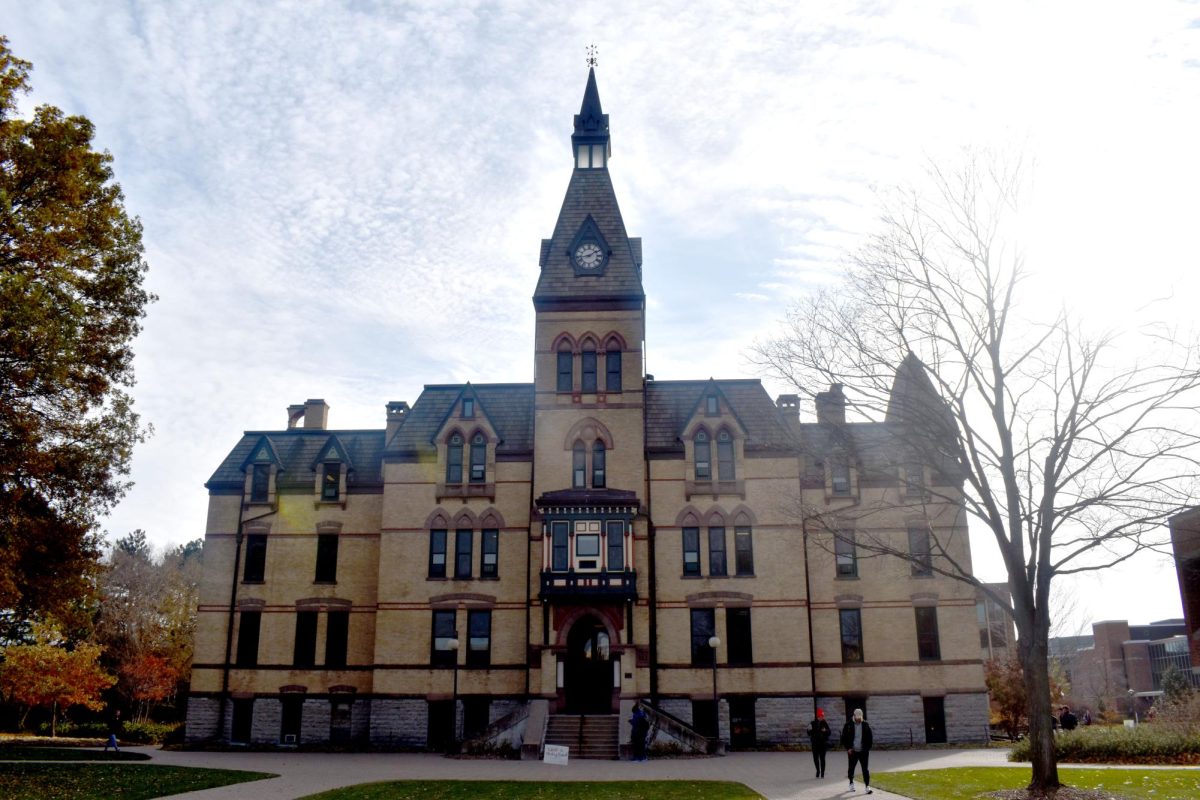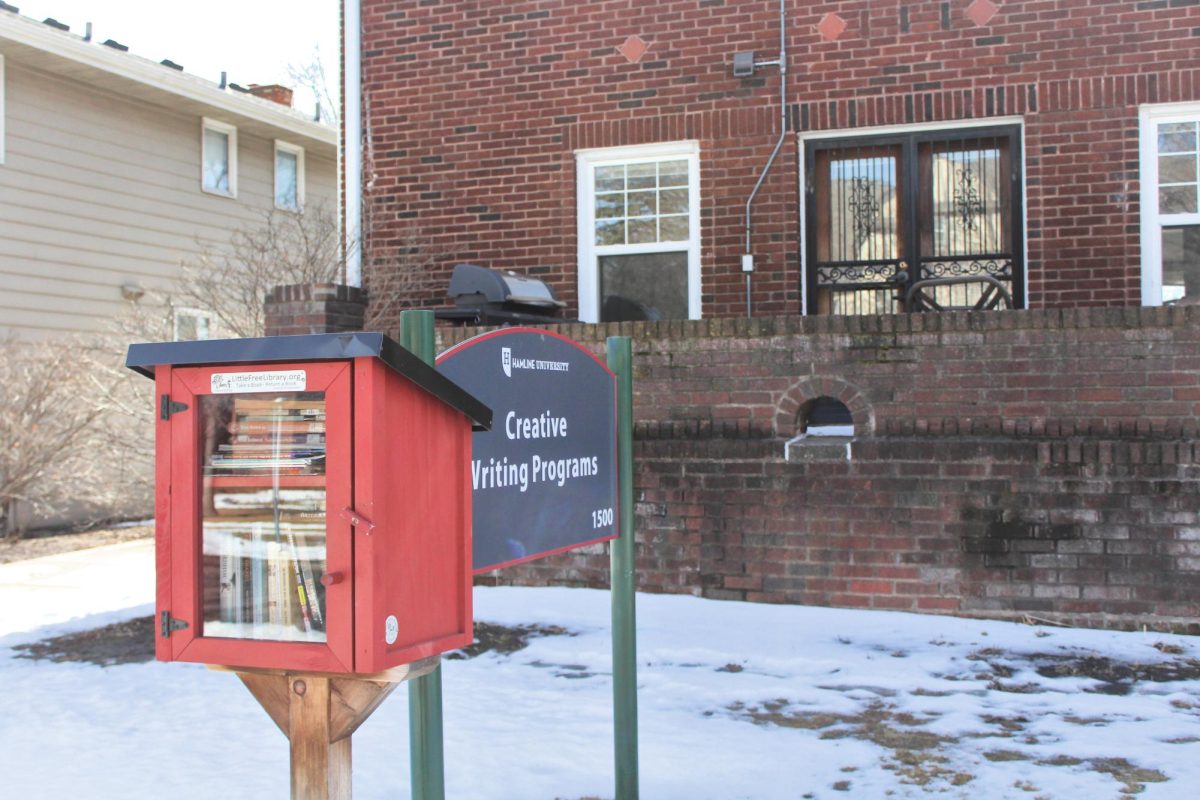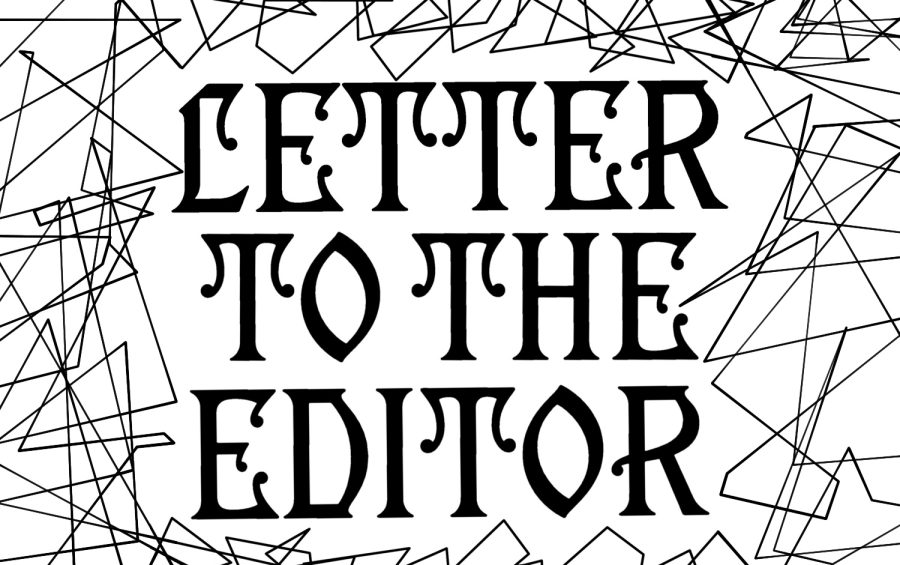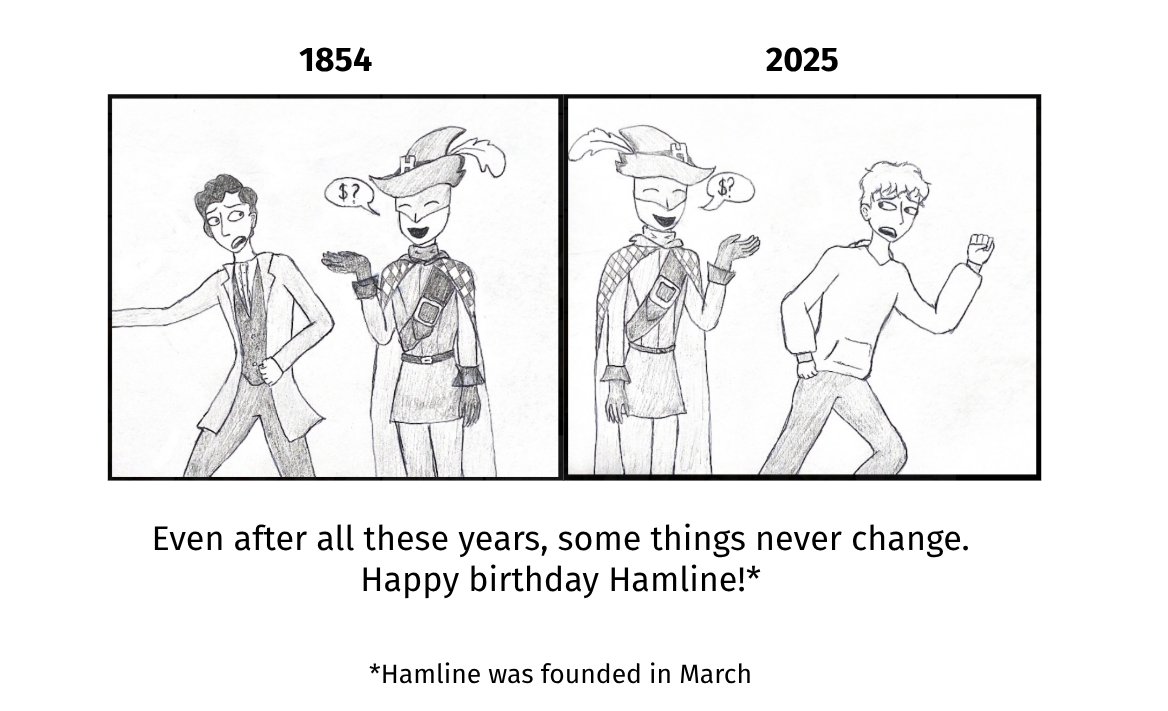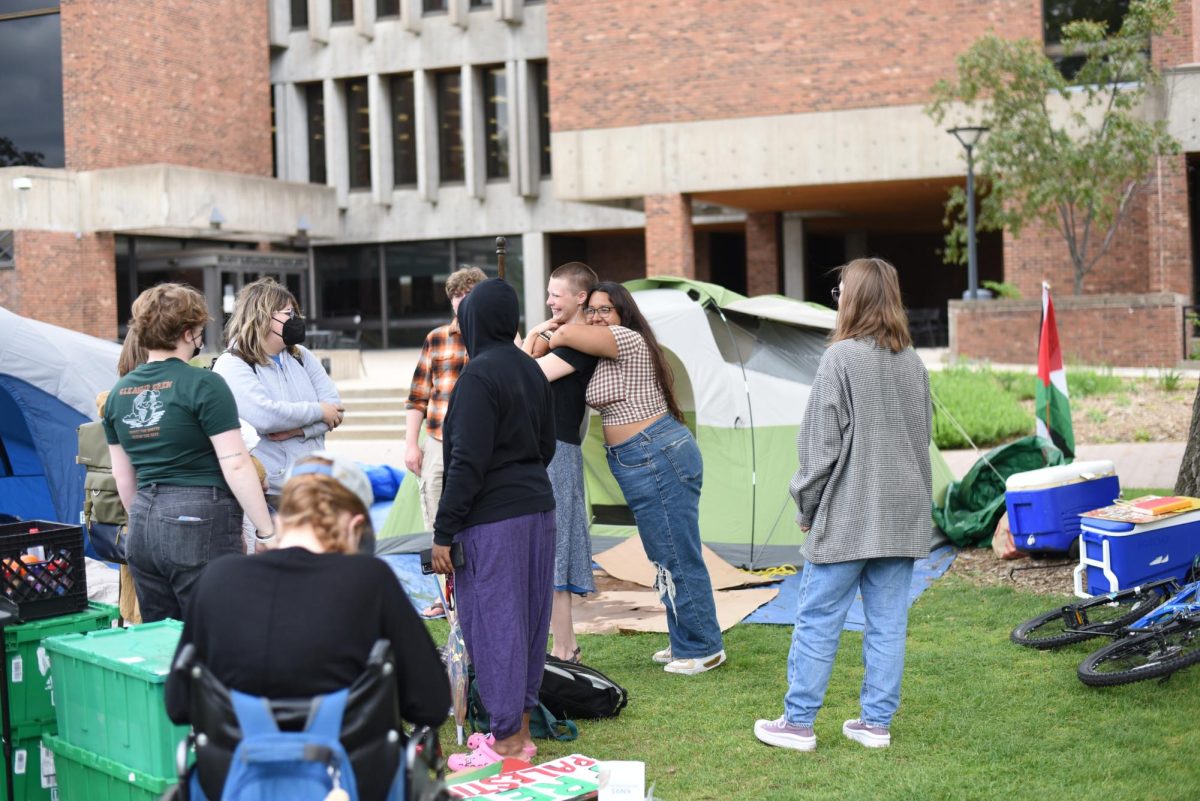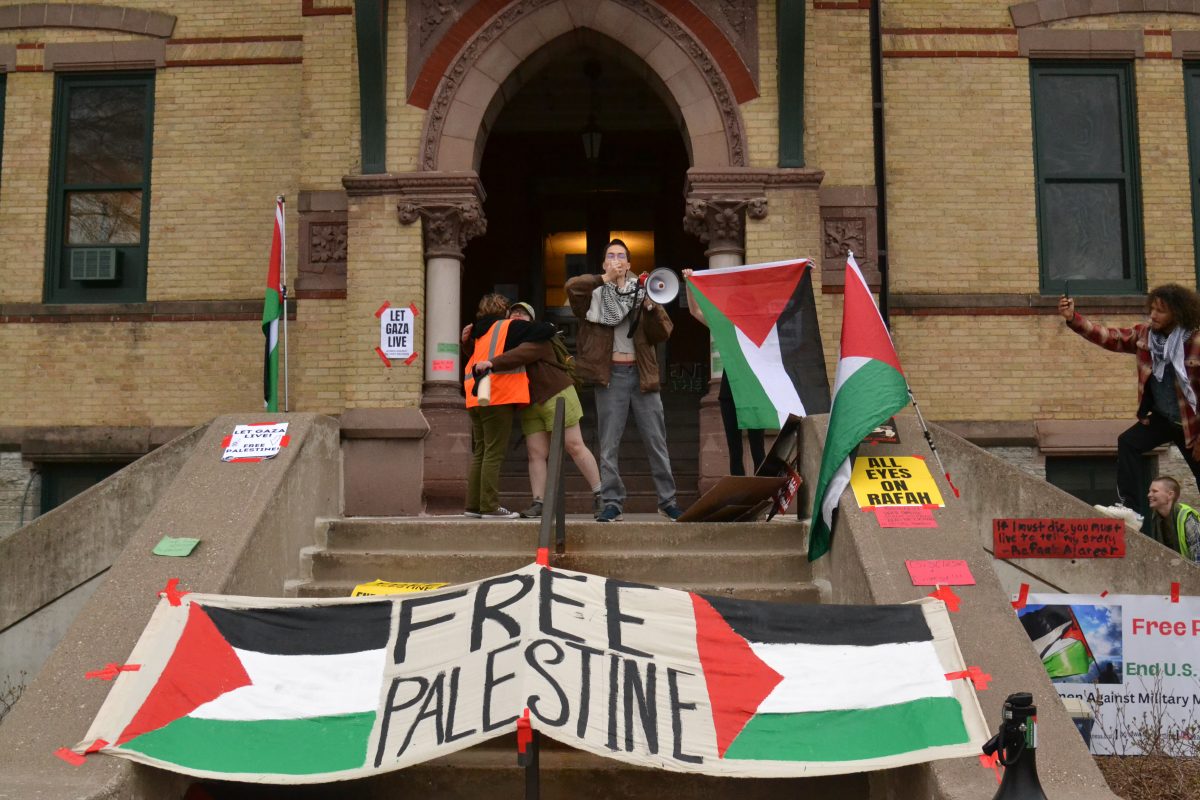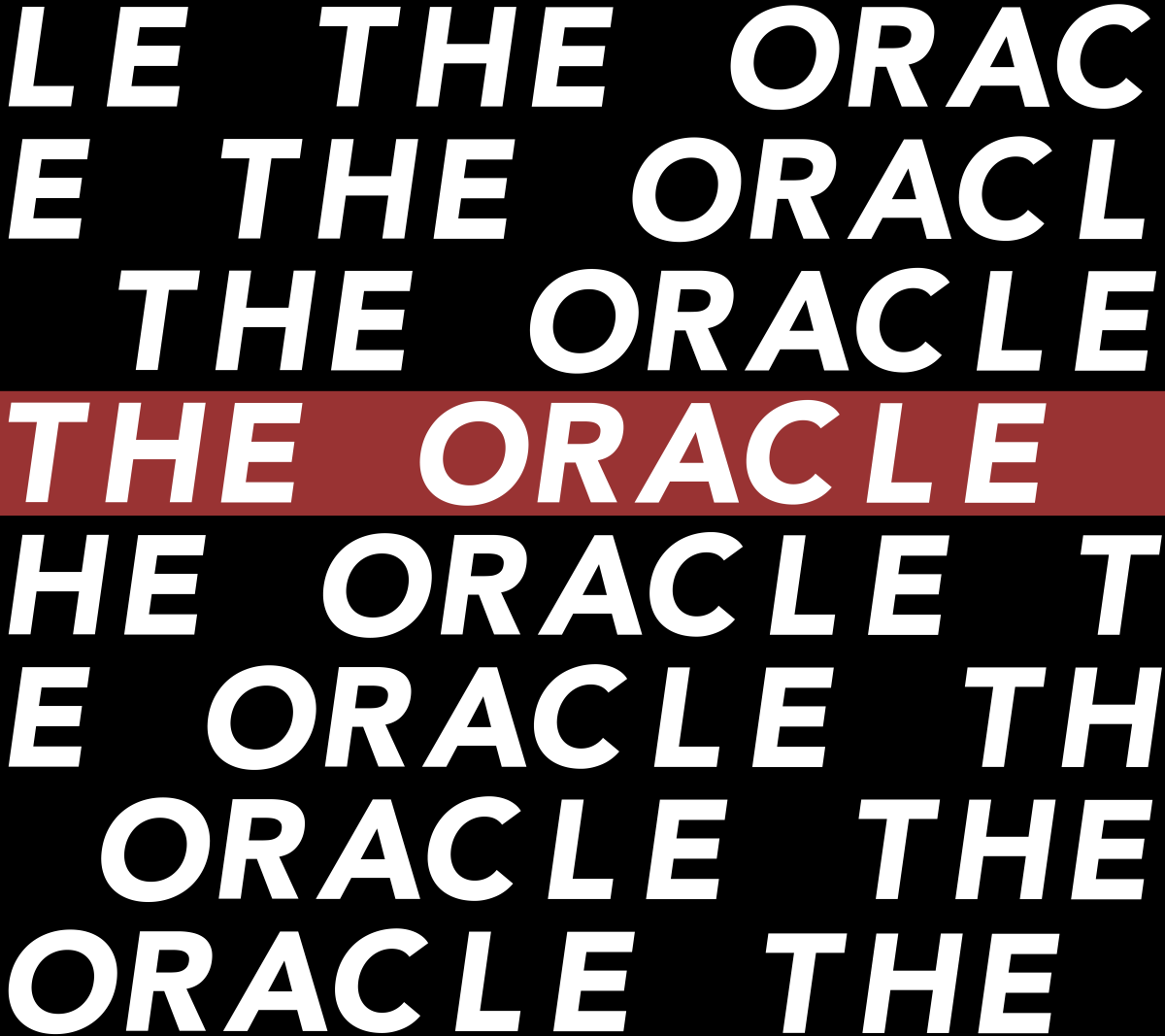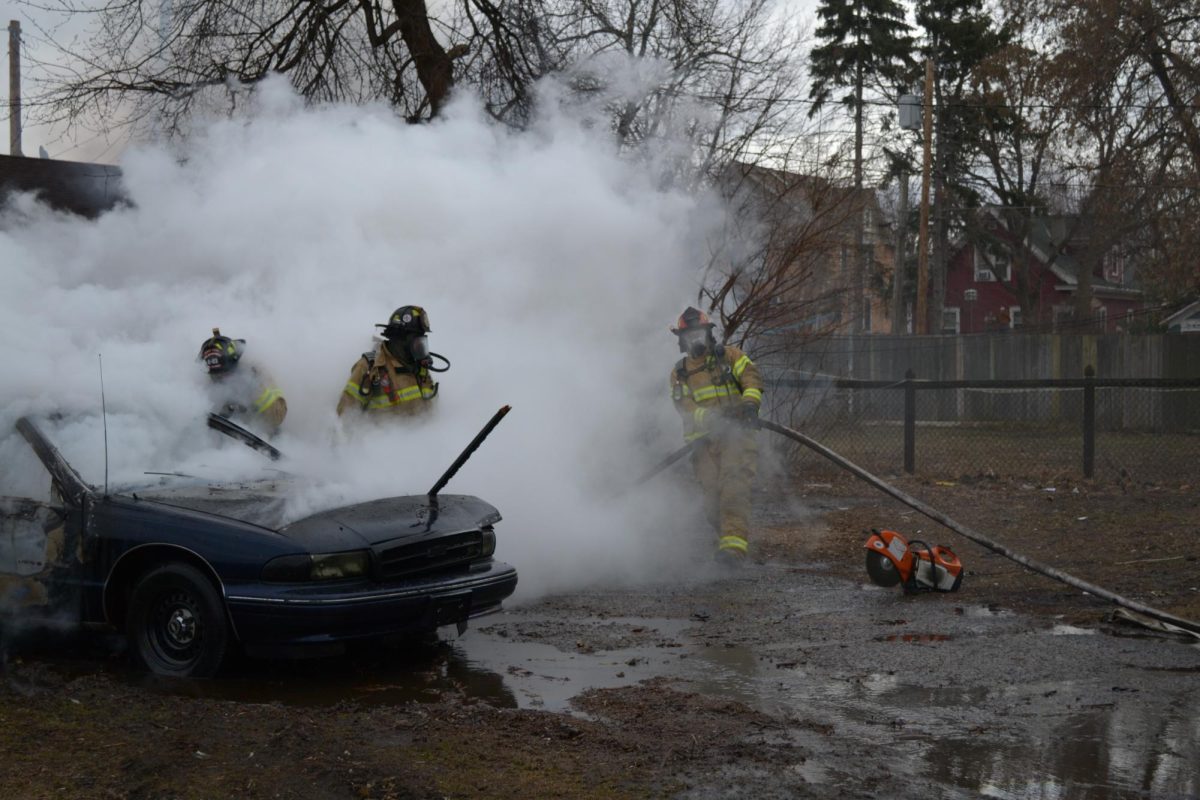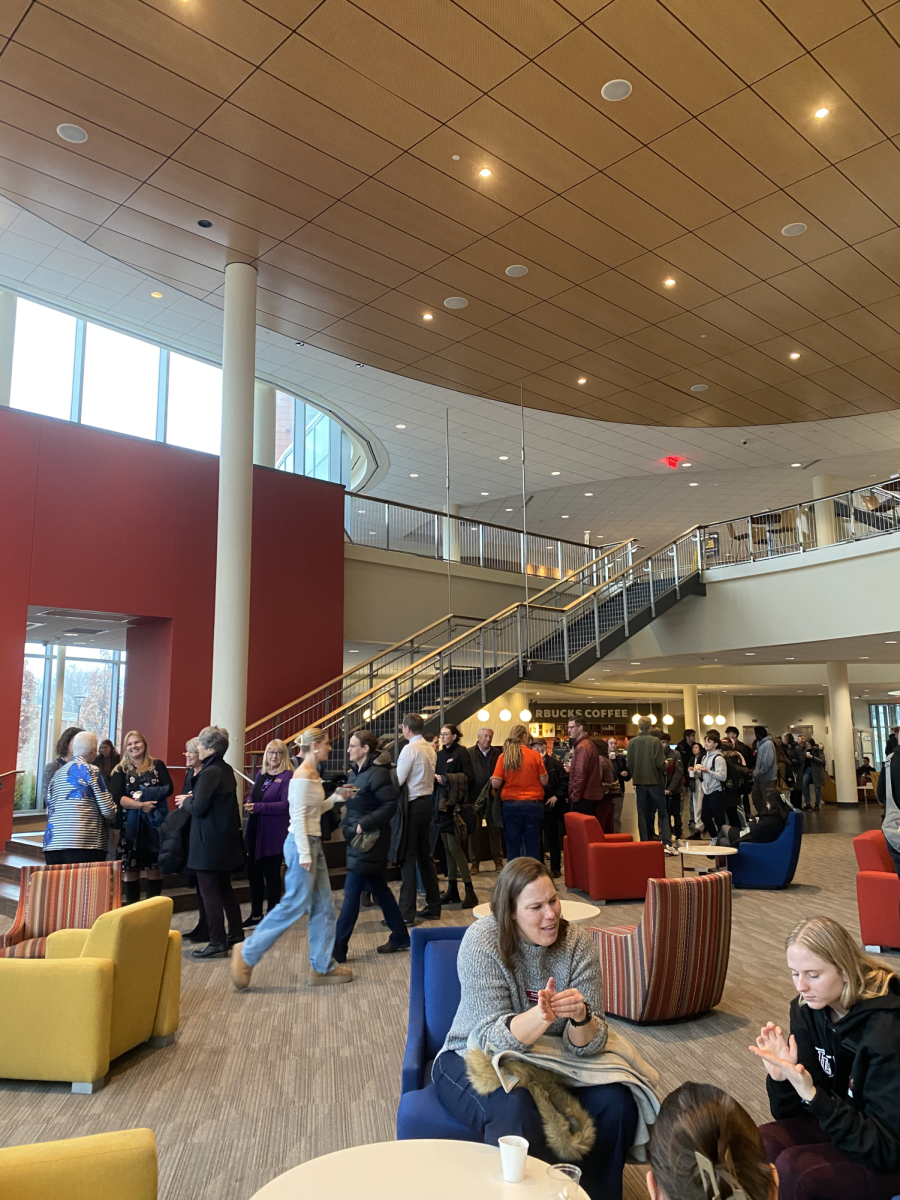Throughout history, student voices have made powerful impacts. University students live in a converging set of circumstances that give us the opportunity to be great activists. We are young, idealistic, educated and have a campus that gives us constant access to each other to share ideas and a platform to demonstrate those ideas for the world to see.
College and university students all over the world have changed the course of history many times over. In the 1960s, student protests sparked national conversations about race, sexuality, reproductive rights and war. On this campus, students have protested war in the Middle East in 1990, in support of a new library in 1965, and against tuition increases in 1964. In the late 60s, alongside many campuses nationally, Hamline organized rallies and demonstrations for peace in Vietnam. More recently, students have protested elitist remarks from the president’s office and the campus dining service provider Aramark. There is a tradition and precedent of students organizing peacefully, but with fervor, to demand more from our administrations, communities and politicians — to use every ounce of our voice to call on people or systems of power to do the right thing.
We are living through a time that is calling us to use this platform. The world is waking up daily to new horrors and death toll numbers rising rapidly in the Middle East. It is with great care that I speak on something so layered and with so much historical context that I have no expert opinion on. What I do have is a dedication to my humanity, and I have chosen journalism as an expression of that. This year my reporting has been dedicated to channeling the voices and perspectives of the Hamline community, and I have so loved getting to know this place and these people. It is so important to be tuned into a community, and I am privileged to experience this one. While that work is important, I really believe that I have to use this platform in times of injustice to call attention, and this is such a time. Our campus is not isolated from the recent events in Israel and Palestine as members of our community are directly and indirectly affected.
We cannot continue to digress over accurately representing two political or ideological sides in a conflict that is causing very tangible suffering for millions of people across those intangible borders. There is an absolute need for every voice possible to call — and keep calling — for a ceasefire in Gaza.
Israeli citizens have faced horrible tragedies. I cannot even imagine what the loved ones of victims of the Oct. 7 attacks and hostages are feeling right now, and my heart and humanity hurts for them. Any acts of antisemitism or Islamophobia are horrible, and we should do everything we can to stop our neighbors, friends and family from facing hate or attacks.
While those acts of hate stand alone, what is taking place in Gaza is collective punishment and it is genocide. Over 11,000 people have been killed in under six weeks. Secretary-General of the United Nations António Guterres called Gaza a “graveyard for children” last week. Children who have lived under oppressive rule their entire lives are paying the price every day for Hamas’s actions. This is an atrocity that every capable human on this Earth should be standing against fiercely.
There is a famous quote from activist Abbie Hoffman that beautifully summarizes the necessity of being active participants in society.
“Democracy is not something you believe in or a place to hang your hat, but it’s something you do. You participate. If you stop doing it, democracy crumbles.”
There are many real threats to democracy that are worth standing against. One of them is the way information is disseminated intentionally to confuse or divide us. We must use the critical thinking and research skills we have learned at Hamline to see past propaganda, to see more than what our algorithms show us.
We should not avoid standing behind our Jewish community members who are in pain and facing acts of hate or violence. Our voices and our support do not have to be divided, we can all stand together as one group and denounce all hate and violence, as many Jewish activists around the world have done in calling for a ceasefire.
Difficult, nuanced conversations should not be avoided because they make us uncomfortable. Discomfort is an important initial stage in the learning process that comes when we expose ourselves to being wrong or being ignorant, which are also stages of a learning process. We have to start the conversation early so we can grow and adjust as we go.
Our peers at Macalester College and at the University of Minnesota have been active and organized demonstrations, sit-ins, marches and protests. There is no wrong way to move forward, but we should not play the impartial bystander simply because we have the privilege to. Hamline has taught me that in the classroom. Now I hope Hamline can embody that when the stakes are real.
The importance of speaking up
Our community is
beautiful, diverse and
compassionate. Standing
together, our voices have
a strong impact, so why
aren’t we using them?
Sabine Benda, News Editor
November 22, 2023
Categories:
Students from colleges and universities around the Twin Cities marched for Palestine around Macalester College on Nov. 14.
Story continues below advertisement
0
More to Discover


